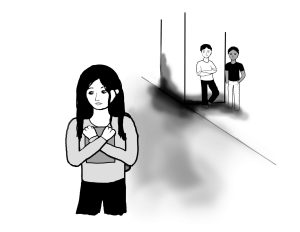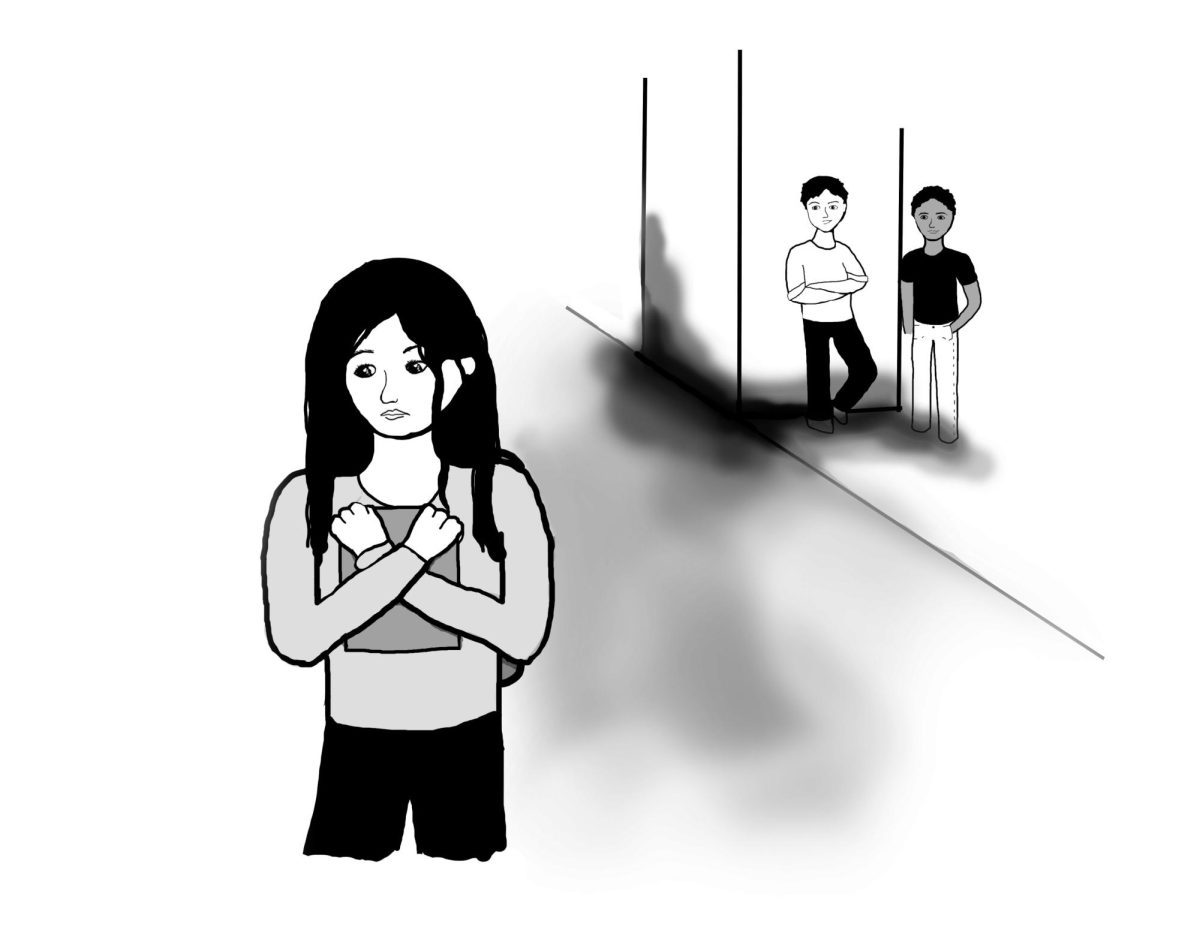When I was asked to write a column of advice to the graduating class, I tried to run from the assignment. I have no trouble dispensing advice in my office, but to put advice into print? That thought evokes memories of “Climb every mountain” sung at my own graduations and other strains of cliché-filled advice about LIFE.
Or maybe I was evading thoughts that I’ll be graduating with you, in a way, as I begin the next stage of my career and semi-retirement. Then, an advisee advised me to just write.
So I prescribe three bits of advice to be taken in order. “I think I can, I think I can, I think I can”; “Up again, old heart”; and finally, “I’m so sorry. It’s just impossible.”
You may initially perceive some contradictions here, but after four years at Whitman, you know better than to expect simple words of advice. Perhaps some of the tidbits seem familiar.
Remember The Little Engine that Could? That little engine climbed the rugged mountain and accomplished the seemingly impossible, thanks to the chant of “I think I can. I think I can. I think I can.” So when the impossible looms, recall the chant.
But sometimes that chant just won’t be enough. So then turn to Ralph Waldo Emerson, best known for his optimistic aphorisms in essays like “Self Reliance.” Even Emerson knew that simply asserting that one should be self-reliant was not always enough. In his essay “Experience,” he struggled with those moments when life was so complicated that harsh realities challenge one’s sense of meaning, even one’s ability to see clearly.
Perhaps he was recounting what my favorite poet, Emily Dickinson, called those “larger –– Darknesses –– / Those Evenings of the Brain / When not a Moon disclose a sign –– / Or Star –– come out –– within.”
By the end of the essay “Experience,” Emerson returns to his belief in himself, even if the tone of the essay is a bit muted, and wills himself to pick up and keep moving forward. “Up again, old heart,” he concludes. I know I’ve used those words a lot this year.
I realize that you’ll be getting lots of advice to embrace possibilities, follow your passions, give of yourself to help others in need, and on and on. But my final bit of advice reminds you (and me) to remember to take care of ourselves sometimes.
I have a colleague across Ankeny who has been trying to teach me to use the words of Miss Manners when too many people make too many demands of me, demands I assume I must meet to fulfill others’ needs. Miss Manners advises us all to draw some boundaries sometimes to protect ourselves from overload.
So when my earlier advice doesn’t work and when you need to regroup, remember that you can say, “I’m so sorry. It’s just impossible.” I’m told Miss Manners advises us not to make excuses. Just stop with those six words.
Don’t misunderstand me. Don’t start with this chant. Such advice should not be followed too often. Resort to it only when you need to regroup.
Also, do as I say, and don’t ask what I do. I’m rather good at the first two prescriptions. I often use “I think I can. I think I can. I think I can.” Those words have been especially helpful this challenging year. And when the going gets tough, I can will myself to chant “Up again, old heart.” But saving time for myself is harder. Perhaps I’ll need to join you with that chant.
So follow your passions, be kind to others, and keep on going in the face of adversity. In other words, listen to the good advice others will be giving you. But also learn when to protect yourself from too many demands, even some demands you make of yourself.
I don’t wish you an easy life. Life is too complicated for such a wish. Drawing on the words of Emily Dickinson, I wish you a life that “steps almost straight.”











